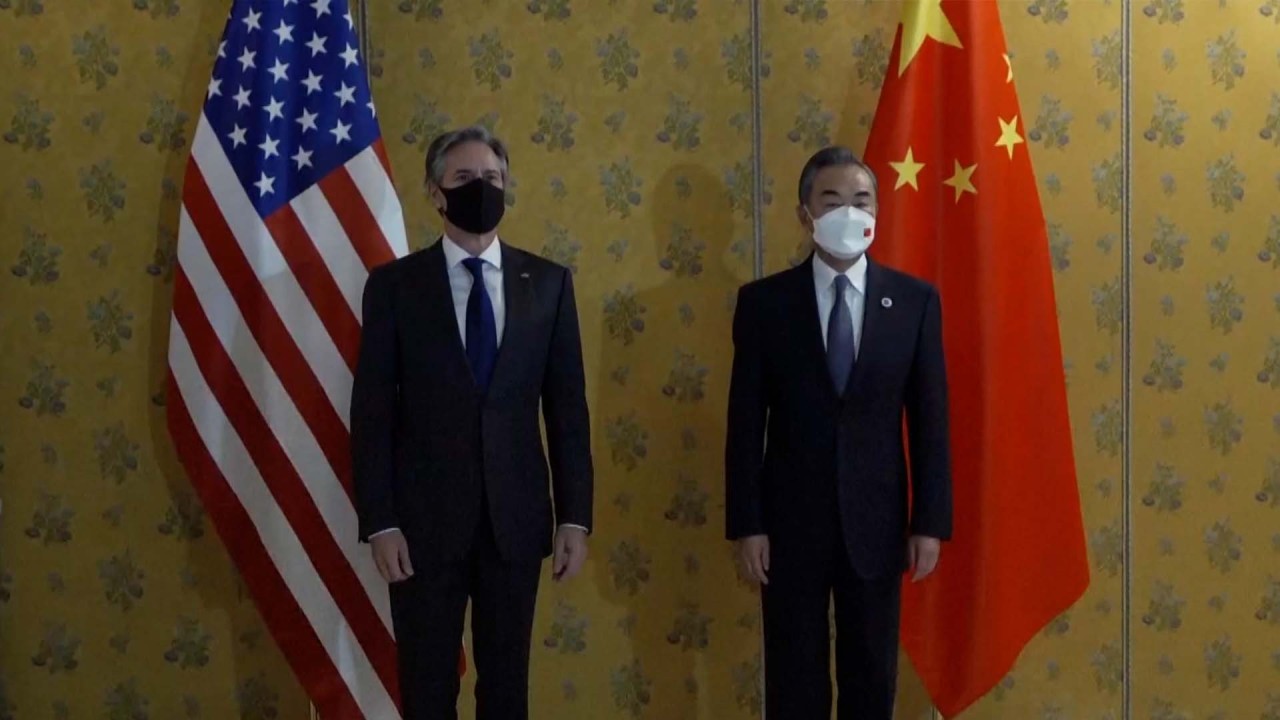
Taiwan’s invitation to White House internet event likely to trigger angry response to Beijing
- Taiwanese minister Audrey Tang will join representatives from more than 50 nations at a virtual meeting to sign a pledge on digital development
- The invitation is the latest example of the White House regularising its contacts with the island – a move Beijing is certain to bitterly oppose
The island’s digital minister Audrey Tang will attend the minister-level meeting to be hosted by National Security Adviser Jake Sullivan at the White House on Thursday morning US time, according to Taiwan’s foreign ministry.
More than 50 countries will take part in the event during which they will jointly sign and launch the Declaration for the Future of the Internet, which the US State Department has described as a political commitment to advance an affirmative vision for the internet and digital technologies.
“Because of our achievements in promoting internet freedom and e-governance, we have been invited to the event and digital minister Audrey Tang will represent us to take part in the virtual meeting,” Douglas Hsu, the foreign ministry’s director of North American affairs, told a news conference in Taipei on Thursday.

Hsu said both the US and Taiwan will provide detailed information to the public after the meeting, which will be live-streamed on the White House’s website.
In response, Beijing has expanded its military activities and ramped up pressure on Taiwan, including sending warplanes into its air defence zone almost daily and staging war games nearby to intimidate the island.
Beijing says if US agreed on one China, talk of Taiwan ‘invasion’ invalid
Earlier this month, Sullivan said the Biden administration had expressed concerns about Beijing “taking efforts to unilaterally change the status quo”. He told a meeting of the Economic Club of Washington DC that it is US policy to ensure that a mainland Chinese takeover of Taiwan will not occur.
Despite repeated warnings and protests from Beijing, the White House has continued its policy of developing “rock-solid” relations with Taipei, a move the island’s security boss Chen Ming-tong said was due mainly to the overlapping of national interests between Taiwan and the US.
“Since 1949, the US and Taiwan have stumped for each other in terms of security and many other issues. Because of their mutual support, [Taiwan] has continued to exist and this is a reality,” Chen told Taiwan’s lawmakers in a parliamentary meeting on Thursday.
The end of the civil war in 1949 saw the defeated Nationalist, or Kuomintang, forces flee to the island where they established an interim government which was supported by the US.
“The national interests of Taiwan and the US have highly overlapped, and this is why we must count on each other,” Chen said after lawmakers had asked about the reports the island had been under pressure from the US to buy Boeing 787 passenger jets in a US$8 billion deal in exchange for support.
US bill to help Taiwan regain WHO status passes Congress, sent to Biden
Taiwan’s foreign ministry and presidential office denied the reports as sheer speculation, and presidential spokesman Xavier Chang said it was normal for politicians to promote products made in their constituency.


